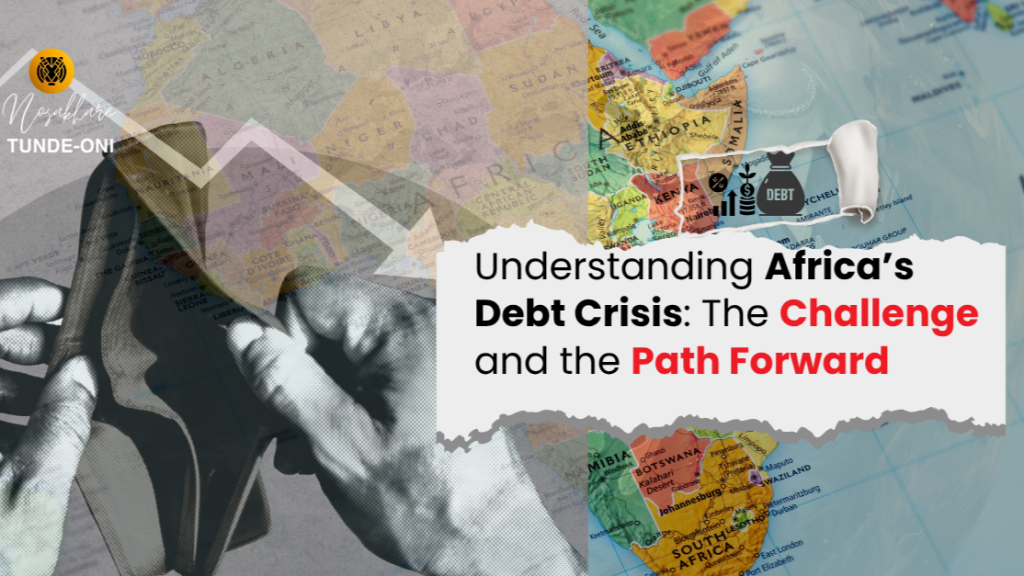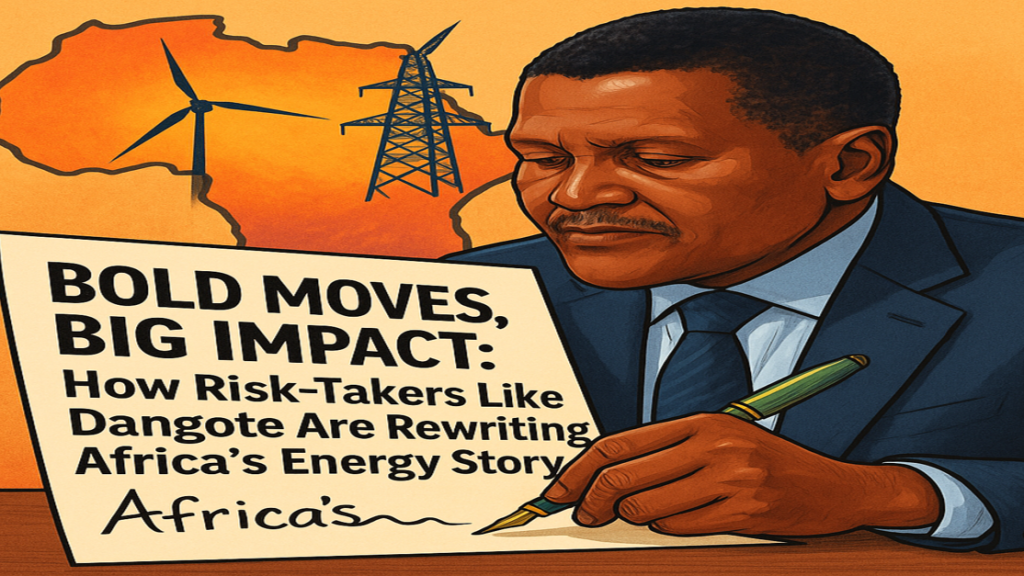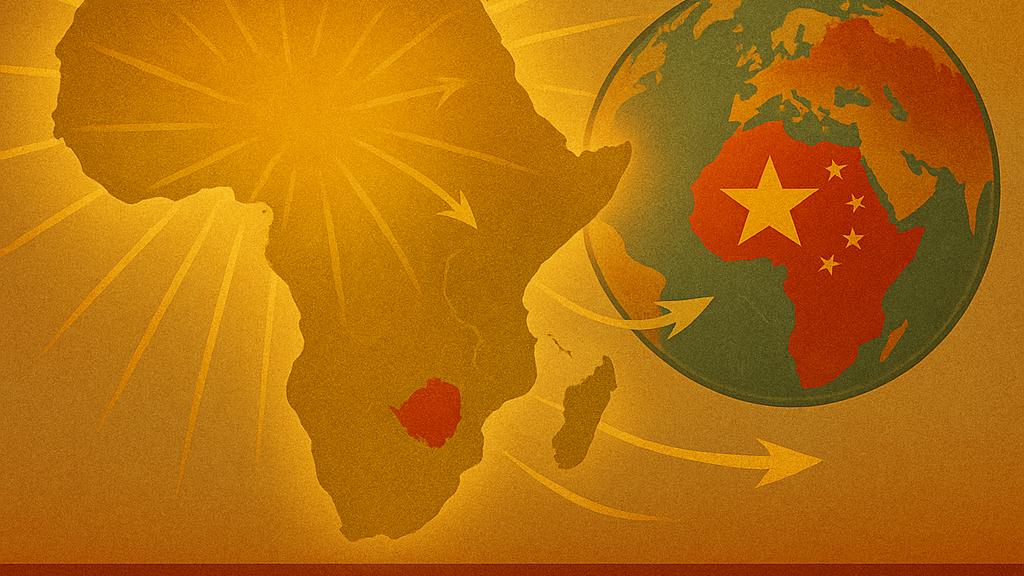Understanding Africa’s Debt Crisis: The Challenge and the Path Forward
Africa’s external debt has become one of the most pressing economic issues facing the continent today. By 2025, Africa’s total external debt is projected to surpass $1.3 trillion, a staggering figure that reflects both the continent’s urgent need for development financing and the risks that come with heavy borrowing. But to address this challenge effectively, we must first understand the depth and complexity of the problem. The Debt Profile: Who Owes What? The debt burden across Africa is highly concentrated. Just six countries—South Africa (13.1%), Egypt (12.0%), Nigeria (8.4%), Morocco (5.9%), Mozambique (5.3%), and Sudan (5.2%)—hold half of Africa’s external debt. This concentration means that financial distress in any of these economies could ripple across the continent, threatening regional stability. Moreover, the debt-to-GDP ratio remains alarmingly high in many countries. Over 60% of African nations have debt levels exceeding 50% of their GDP, with some like Ghana, Cape Verde, and Sudan surpassing 100%. This ratio is critical because research shows that when public debt exceeds 50% of GDP, economic growth tends to slow down significantly, limiting governments’ ability to invest in health, education, and infrastructure. Why Are Interest Rates So High in Africa? African countries face much higher interest rates compared to Western nations for several reasons: • Currency Risk: Much of Africa’s debt is denominated in foreign currencies like the US dollar or euro. When local currencies weaken, debt repayments become more expensive, increasing the risk for lenders and pushing interest rates higher. • Private and Chinese Loans: African countries increasingly rely on private creditors and Chinese loans, which carry higher interest rates often above 3% and sometimes much higher compared to concessional loans from Western multilateral institutions that charge around 1%. • Inflation and Monetary Policy: Many African central banks maintain high interest rates to combat inflation and stabilize volatile currencies. For example, Nigeria’s central bank rate is around 27.5%, while Zimbabwe’s is even higher at 35%. • Credit Risk and Market Perception: Lower credit ratings due to political and economic uncertainties mean lenders demand higher returns to compensate for perceived risks. In contrast, Western countries benefit from stronger institutions, reserve currencies, and deeper financial markets, allowing them to borrow at much lower rates. The Impact on Economic Development High debt servicing costs are a major drain on African economies. In some countries, interest payments consume more than 25% of government revenues, surpassing spending on critical sectors like health and education. For example, Angola’s debt servicing peaked at 61% of government expenditure in 2021 before falling to 50% in 2023. This leaves fewer resources for poverty reduction, infrastructure, and job creation. A Cautious Optimism: The Medium-Term Outlook Despite these challenges, there are signs of hope. The average debt-to-GDP ratio across Africa is expected to decline from nearly 63% in 2020 to just above 55% by 2029. Debt servicing costs are projected to drop by 13% in 2025, freeing up budget space for essential investments in education, healthcare, and sustainable development. This improvement is driven by better fiscal discipline, debt restructuring efforts (like Zambia’s successful restructuring in 2024), and a more favorable global economic environment, including lower interest rates. What Must African Leaders Do? To turn the tide, African leaders and policymakers must: • Prioritize Debt Sustainability: Keep debt below critical thresholds (around 50% of GDP) to avoid stifling growth. • Shift to Concessional and Longer-Term Debt: Reduce reliance on expensive private borrowing and Chinese loans by negotiating better terms and focusing on concessional financing. • Boost Domestic Revenue Mobilization: Formalize informal sectors and improve tax collection to reduce dependence on external debt. • Enhance Economic and Financial Literacy in Leadership: Elect and empower leaders who understand economic policies, governance, and the complexities of debt management. • Strengthen Regional Cooperation: Develop regional debt frameworks to manage risks collectively and attract better financing terms. Conclusion Africa’s debt crisis is not just a numbers game; it’s a challenge that affects millions of lives. The continent’s future depends on understanding the depth of its debt problem and implementing smart, sustainable policies. With informed leadership, fiscal discipline, and strategic reforms, Africa can transform its debt burden from a barrier into a stepping stone for inclusive growth and prosperity. This article aims to shed light on the realities behind Africa’s debt and inspire action among policymakers, investors, and citizens alike. The road ahead is tough but navigable with knowledge and will, Africa can rise.
Understanding Africa’s Debt Crisis: The Challenge and the Path Forward Read More »



